In the world of rave culture and underground clubs, few names are as notorious as Stuart Reid. Described by the National Crime Agency as one of the most serious criminals in England, Reed's life is a mixture of business, criminality, and a relentless drive to escape poverty. In a recent podcast interview, Reed opened up about his journey from a poor childhood in Coventry to becoming a central figure in the UK's rave scene and a high-profile criminal.
Early Life and the Birth of Criminal Tendencies
Born and raised in Coventry, Reed was one of six children. His early years were marked by poverty and the absence of a father, who left due to his issues with alcoholism and domestic violence. Reed recalls how growing up in a poor household had a profound impact on him. He hated the embarrassment of not having what other kids had. This feeling of deprivation ignited a determination in him, and from the age of eight, he began to engage in petty crimes to avoid being "skint."
"I didn't want to be poor," Reed says, and his early criminal activities were the result of that mindset. His first taste of entrepreneurship came when he realized he could collect and recycle Corona pop bottles for money. But even this small victory taught him a crucial lesson about crime—don’t share your tricks. Once he told others about his pop bottle scheme, everyone started doing it, and the operation quickly fell apart.
From Petty Crime to the Rave Scene
Reed’s criminal ventures escalated over time, but it was the rave scene that became his true calling. In the late '80s and early '90s, rave culture in the UK was exploding. Reed, along with his brother-in-law, became deeply involved in promoting these events. They took over a club called The Eclipse in Coventry, which became a hub for thousands of ravers every weekend. It was a time of euphoria, with thousands of people coming together to experience the music, the atmosphere, and unfortunately, the drugs.
Despite Reed's later conviction for drug importation, during his time running The Eclipse, he insists that he had nothing to do with drugs inside the club. Instead, they made their money from ticket sales, water, and soft drinks. "We were making £15,000 to £20,000 a weekend selling water and pop," Reed recalls. He was aware, however, that drugs were part of the scene, but he kept a strict rule: no drugs from Coventry dealers. This policy, ironically, led to problems later on, as local criminals felt shut out.
Crime, Threats, and Violence in the Club Scene
As with many ventures involving large amounts of money and crowds, the rave scene attracted its fair share of violence and crime. Reed’s clubs were no exception. "We had to be ruthless," he admits, and dealing with drug dealers inside the club was a medieval affair. Reed's partner, who was known for his violent tendencies, would physically deal with anyone caught selling drugs inside the club, often using bats and hammers. "We shouldn’t have been like that," Reed says now, reflecting on the unnecessary brutality.
The club scene also brought its share of personal threats. Reed recounts a chilling story where the police informed him of a contract on his life. The hitman, coming from Norwich, planned to pose as a window cleaner and shoot Reed through his front door. Rather than waiting for the inevitable, Reed took matters into his own hands, tracking down the man who ordered the hit and confronting him directly. "You’re a coward," Reed told the man over the phone. This bold move likely saved his life, as the contract was never carried out.
The End of The Eclipse and A Return to Crime
Reed’s reign in the rave scene came to an end when he was arrested for a violent incident outside a pub. The arrest led to a prison sentence, during which time The Eclipse fell apart. "When you’re not there, things fall apart," Reed says, acknowledging that without his hands-on management, the club couldn’t survive.
After his release, Reed’s life took another dark turn when he became involved in large-scale drug importation. He was eventually caught and sentenced to 12 years in prison for bringing massive amounts of drugs into the UK. This, too, was a business venture for Reed. He saw the potential for enormous profits and, despite the risks, he went all in.
Reflection and Redemption?
Today, Reed is reflective about his past. While he acknowledges the harm he has caused, especially through violence and drugs, he also sees himself as a businessman who made bad decisions. "Everything I’ve ever done was for business," Reed says, emphasizing that his actions were never about the thrill of crime, but about making money.
Reed’s story is a complex one, filled with contradictions. On one hand, he speaks about the joy and unity of the rave scene, where people of all races and backgrounds came together under one roof. On the other hand, he admits that the violence and criminality that surrounded the scene were unavoidable and, at times, overwhelming.
Conclusion
Stewart Reed’s life is a testament to the fine line between success and criminality in the rave scene. His story is not just about music and parties; it's about survival, power, and the consequences of living on the edge. As Reed himself notes, "Everything good must pass." The rave scene that brought him wealth and notoriety also brought him enemies, prison time, and a lifetime of reflection on what could have been.
In today’s world, where crime and culture often intersect in new and unexpected ways, Reed’s story serves as a cautionary tale. While the allure of fast money and fame can be tempting, the cost is often far higher than anyone imagines.

